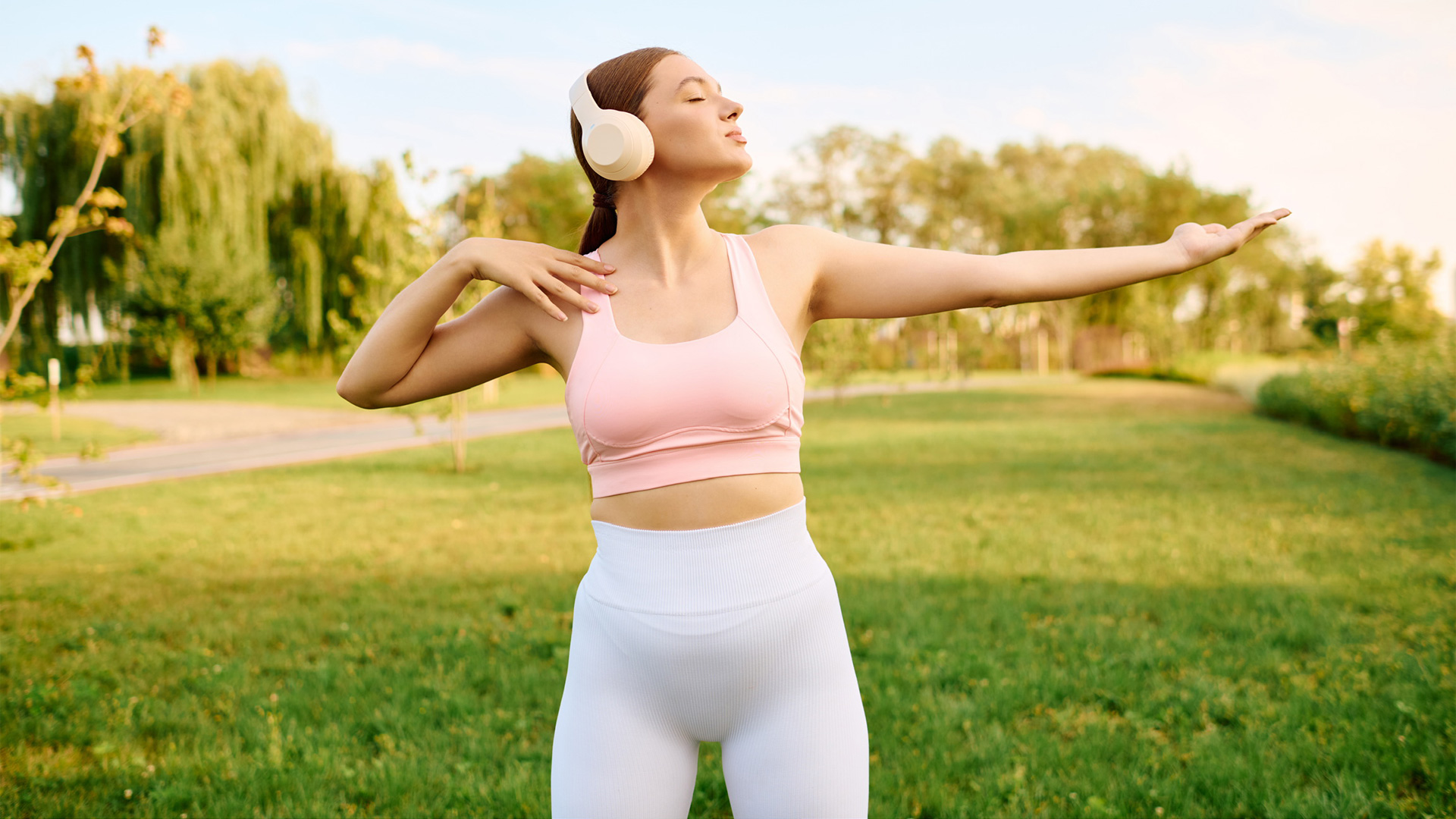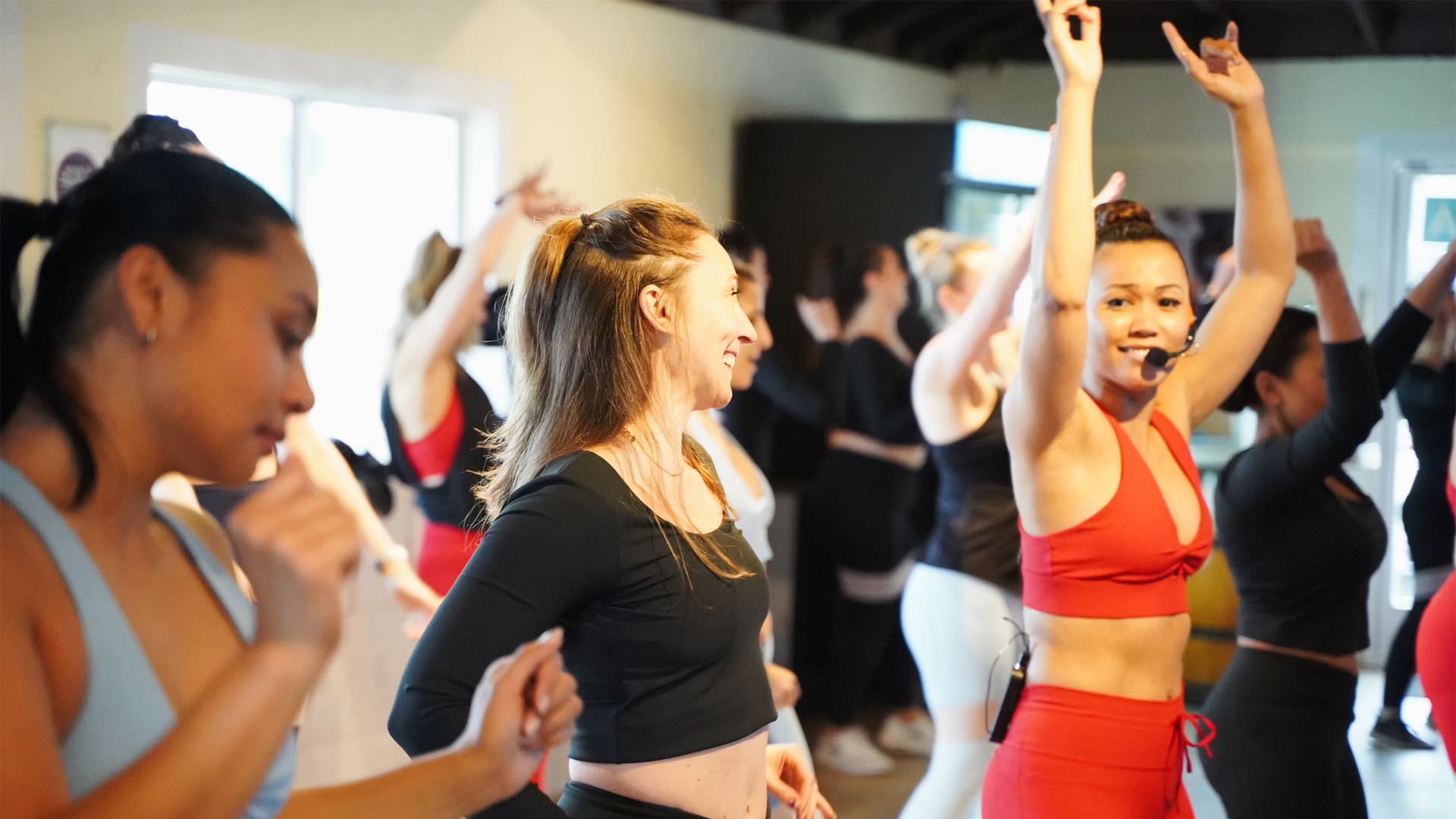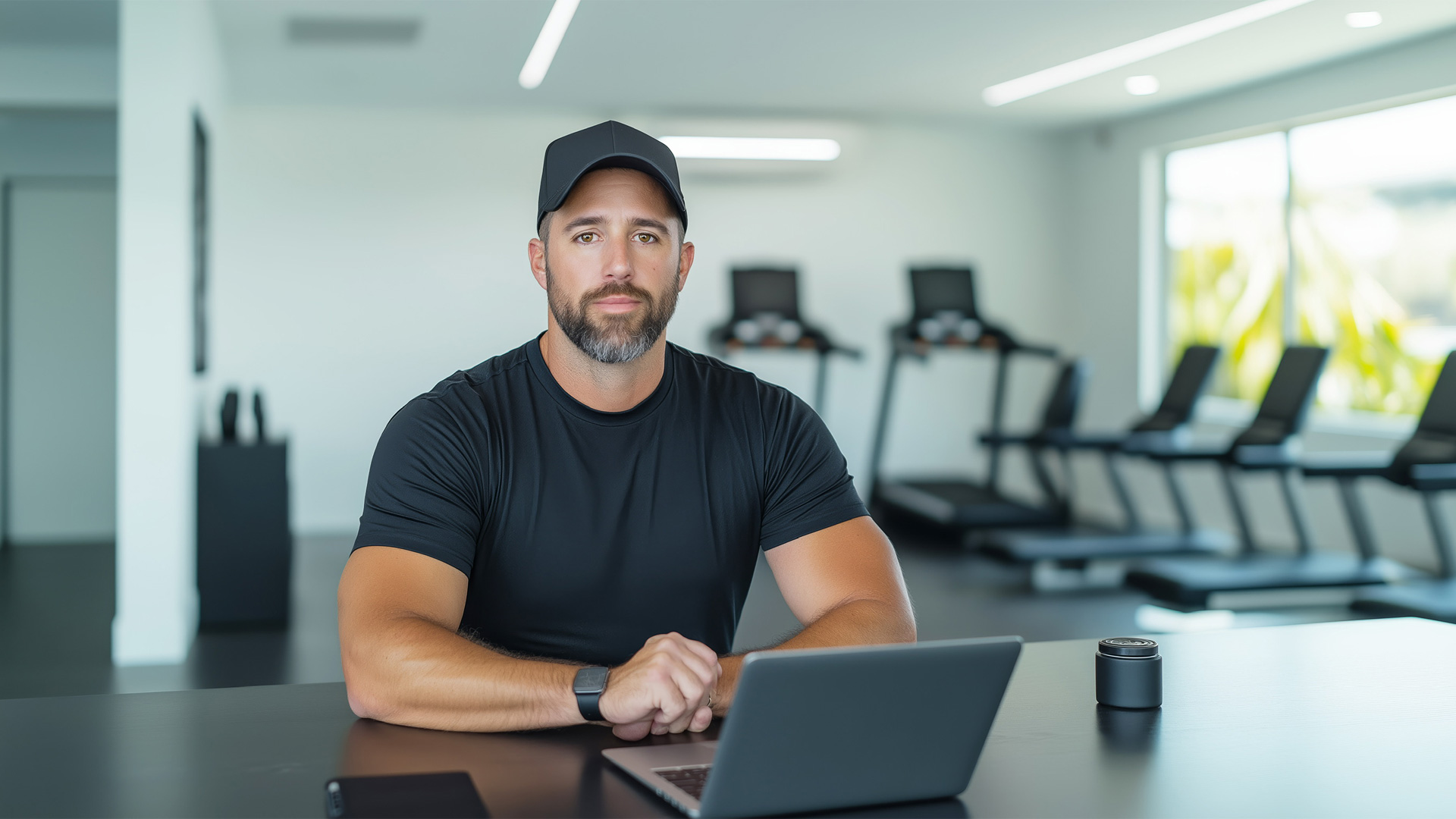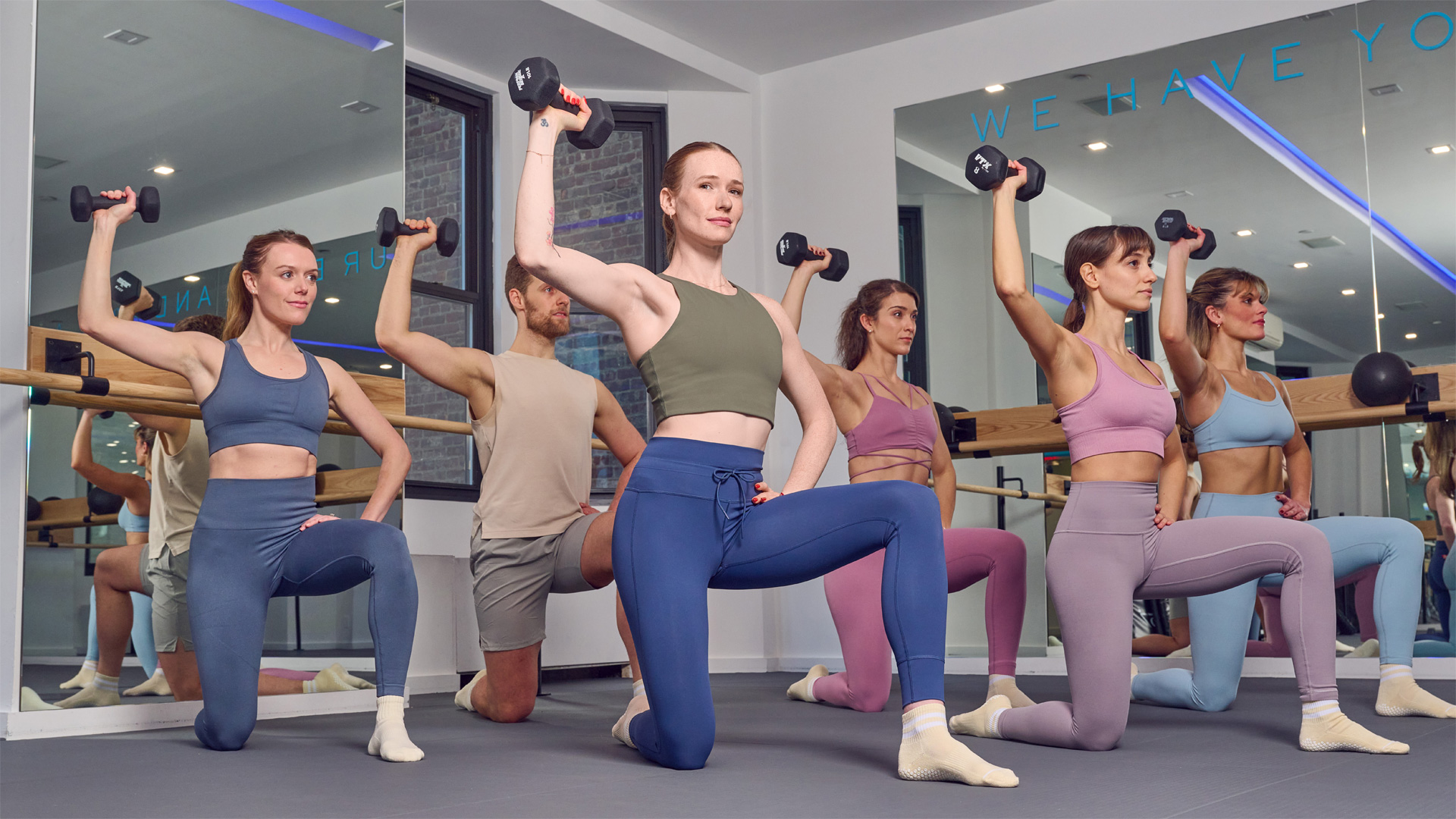All Categories

Discover how curating digital consumption can improve mental health and enhance client relationships.
In today’s digital age, the health and fitness industry is saturated with an overwhelming amount of information. From the latest diet trends and workout regimes to groundbreaking research findings, professionals and clients alike are bombarded with data from multiple sources, including social media, blogs, podcasts and more.
While access to this vast repository of knowledge has its benefits, it also poses challenges, particularly in terms of mental health and well-being. The need for a balanced information diet—akin to a nutritious eating plan—has never been more critical.
This article aims to equip health coaches with the tools and understanding necessary to curate a positive information environment for themselves and their clients, emphasizing the profound impact that such a diet can have on mental health.
The digital era has ushered in unprecedented access to information, transforming the way we consume news and content. However, this constant influx of data can have significant psychological effects, especially when it comes to the overconsumption of digital content. Just as excessive eating can lead to physical health issues, information overload can overwhelm the mind, leading to decision fatigue, stress and a decrease in cognitive function.
Moreover, the nature of the information consumed plays a pivotal role in mental health.
Studies have consistently shown a strong correlation between exposure to negative news and increased levels of stress, anxiety, and symptoms of mood disorders. For instance, research published in the British Journal of Psychology illustrates how individuals exposed to negative news reports exhibit higher stress responses compared to those who consume positive or neutral news.
This response is not just immediate; the lingering effects of negative information can alter mood and anxiety levels over time, impacting overall well-being.
The phenomenon isn’t limited to news alone. Social media, with its curated highlights and often unrealistic portrayals of life and fitness achievements, can also contribute to feelings of inadequacy and depression. The comparison trap is a real concern, with studies indicating that individuals who spend more time on platforms like Instagram and Facebook report lower self-esteem and higher levels of depressive symptoms.
Understanding these dynamics is crucial for health coaches who seek to foster a healthy information environment. By being mindful of the sources and types of content consumed, they can mitigate the adverse effects of information overload and negative content, thereby supporting their and their clients’ mental health.
Let’s explore practical strategies for achieving balance, emphasizing the importance of quality over quantity in our digital diets.
Just as a balanced nutritional diet is essential for physical health, a well-rounded information diet is crucial for mental well-being. The principles of variety, moderation and quality that guide healthy eating can also be applied to our consumption of information. By understanding and implementing these principles, wellness professionals can lead by example, guiding their clients toward a more mindful and healthful engagement with digital content.
In the same way that a varied diet provides the body with a range of nutrients, a diverse information diet offers a broader perspective and fosters critical thinking. Consuming content from a wide array of sources and disciplines—be it science, art, culture, or politics—enriches our understanding of the world and prevents the echo chamber effect often found in social media bubbles. For health coaches, this means balancing industry news with content unrelated to their field, encouraging creativity, and promoting mental flexibility.
The adage “everything in moderation” applies as much to information as it does to food. Just as overeating can lead to physical health problems, overindulging in information, even of high quality, can overwhelm the brain and lead to stress, decision fatigue and burnout. Setting boundaries on media consumption—such as designated times to check emails or social media—can help manage this influx. Encouraging clients to take regular digital detoxes or media breaks can also support mental health, providing necessary downtime for the mind to rest and recover.
Distinguishing between ‘junk’ information and ‘nutritious’ information is perhaps the most critical skill in curating a healthy information diet.
Junk information, much like junk food, is easily digestible and often emotionally charged but offers little in the way of valuable content or factual accuracy. It can be sensationalist, misleading, or designed to elicit strong reactions rather than inform. For example, many listicles about weight fads or click-bait headlines waste precious time.
Nutritious information, on the other hand, is accurate, well-sourced, and contributes to one’s knowledge and well-being. It challenges the consumer to think critically and engage deeply, such a CEC article about fascia research.
Health coaches may strive to consume and recommend content that is reputable, evidence-based, and contributes positively to their and their clients’ knowledge and well-being.
The role of mindfulness in consuming information cannot be overstated. Being present and intentional with media involves actively choosing what, when and how much content to consume, rather than passively scrolling through a feed. It means asking ourselves why we are engaging with certain content and what we hope to gain from it. This mindful approach encourages a more selective and meaningful interaction with media, reducing the noise and focusing on content that truly benefits us.
By applying these principles to their own lives and coaching practices, wellness professionals can navigate the vast sea of information with discernment and purpose, leading themselves and their clients towards a healthier, more balanced relationship with the digital world.
Creating a positive information environment requires deliberate effort and strategy. Both health coaches and their clients can benefit from understanding and applying targeted approaches to manage their digital consumption effectively. Here’s how both groups can approach this:
Personal Assessment: The first step is a thorough audit of current information consumption habits. Identify the types of content frequently consumed, the platforms used and the time spent on each. Keep a log. This assessment helps pinpoint areas of information overload, recurring exposure to negative content and opportunities to diversify information sources. Reflect on how this diet affects your mental health and productivity, setting the stage for intentional change.
Setting Boundaries: Establish clear boundaries to protect your mental space. This could involve designated no-phone times, especially during meals and before bedtime, or limiting news consumption to certain times of the day. Techniques such as unfollowing or muting sources of stress or misinformation on social media can also help maintain a cleaner, more positive digital environment.
Leveraging Technology: Utilize apps and tools designed to filter content and manage notifications. Content filters can help tailor the information you see online, while notification management apps can reduce distractions and the urge to constantly check devices. These technologies can support a more focused and selective approach to information consumption, allowing for a healthier balance between being informed and being overwhelmed.
Education on the Impact of Information on Mental Health: Share insights on how different types of information can affect mood and stress levels. Highlight the importance of a balanced information diet in maintaining mental health, drawing parallels with nutritional diets for physical health. This foundation can motivate clients to critically evaluate their own information consumption habits.
Encouraging Critical Engagement with Media: Equip clients with questions to critically assess the information they encounter. These questions can include: Is this source credible? What is the intention behind this message? How does this information make me feel?
Teaching clients to engage with media in this way fosters a more active, discerning approach, reducing the impact of misinformation and negative content.
Building a Personalized Information Diet Plan: Work with clients to identify information sources that align with their individual health and fitness goals, as well as their personal interests and values.
This plan might include trusted health websites, inspirational podcasts, and uplifting social media accounts, tailored to each client’s preferences. Encourage them to regularly evaluate and adjust their information diet, much like they would with a nutritional diet, to ensure it continues to meet their evolving needs.
By adopting these strategies, health coaches and their clients can cultivate a more positive information environment. This approach not only enhances mental health and well-being but also fosters a more informed, critical and balanced engagement with the digital world, contributing to overall personal and professional growth.
Adopting a structured approach to information consumption can significantly improve the quality of your digital life. Here are practical tips and techniques:
In the vast, ever-expanding digital landscape, managing our information diet is as crucial as monitoring our nutritional intake. For health coaches and their clients, cultivating a positive information environment is not just about reducing the quantity of digital content consumed, but also about enhancing its quality. By applying principles of variety, moderation, quality and mindfulness, and incorporating practical strategies for mindful consumption, individuals can protect their mental health, boost their well-being, and navigate the information age with confidence and clarity.
Powering the Business of Health, Fitness, and Wellness Coaching

By Rachel MacPherson

By Elisa Edelstein

By Elisa Edelstein

By Elisa Edelstein

By Elisa Edelstein

By Robert James Rivera

Powering the Business of Health, Fitness, and Wellness Coaching
